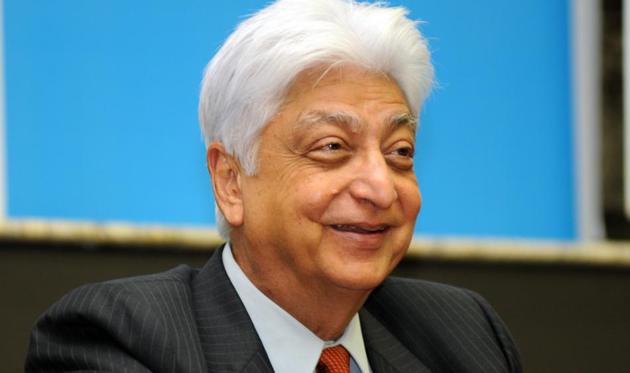India needs more Azim Premjis
Philanthrocapitalism is a good idea in India — there are far too many problems for the State to address, not just in terms of resources, but also attention and expertise.
Azim Premji’s decision to give away more of his wealth — he has now given away $21 billion to his foundation, making it the largest in Asia and the fifth largest in the world — has once again brought the focus on Philanthrocapitalism (yes that’s a real word).

One of the biggest supporters of Philanthrocapitalism is the man who wrote the seminal book on the concept, Mathew Bishop. He sees the super rich as so-called “hyper agents” who have what it takes to do “essential things better than anyone else”.
The best example of the concept is the work of the Bill and Melinda Gates Foundation. Gates and his friend, legendary investor, Warren Buffet, are also the inventors of the Giving Pledge, where the super wealthy promise to give away at least half their wealth. There are currently around 190 billionaires who have promised to give away roughly $360 billion. Among the Indians who have signed the pledge are Azim Premji, Rohini and Nandan Nilekani and Kiran Mazumdar Shaw.
Supporters of the concept believe that philanthropy can solve the world’s biggest problems.
There are opponents as well. One such is Linsey McGoey, a Canadian sociologist who believes that foundations that give a lot aren’t always accountable and that they sometimes work towards reinforcing the same existing inequalities they set out to remove.
The truth, as it usually does, probably lies in the middle, although in a country such as India, it doesn’t make sense to question any sort of giving.
Back when CK Prahalad’s theory of core competence was all the vogue, Tarun Khanna and Krishna Palepu argued that diversification was actually a smart strategy in emerging markets where there were institutional and infrastructural gaps. That’s perhaps the same reason why Philanthrocapitalism is a good idea in India — there are far too many problems for the State to address, not just in terms of resources, but also attention and expertise.
India needs more people like Mr Premji.






